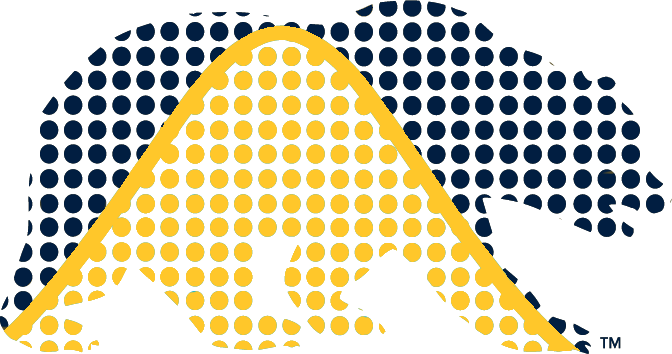Overview
About the Computational Skills Workshop
The workshop will focus on skills related to computation, code development, and statistics/data science workflows, including,
- open science workflows and literate programming;
- introduction to version control, Git and GitHub;
- code style;
- debugging;
- testing;
- collaboration with Git and GitHub;
- numerical analysis (random number generation and floating point precision);
- packaging and reproducible environments; and
- automated workflows.
Goals
- Goal 1: Emphasize good computational and code development practices (scripting, version control, testing, modularity, defensive programming, documentation, commenting, numerical analysis issues).
- Goal 2: Emphasize good practices for workflows, including reproducibility, automation, isolated environments.
- Goal 3: Provide practice with and introduce key tools for version control, testing, documentation, literate programming (documents with runnable code).
(Optional) Introduction to Computing and Python
The optional additional sessions (held Tuesday-Wednesday, August 20-21) provide a basic introduction to computing concepts (e.g., parts of a computer, ideas related to parallelization, introduction to the the shell/command line/terminal) and an introduction to Python.
These are intended for those with little experience (or wishing a refresher) with working in a command line context or with using Python, and are particularly important for those taking Statistics 243, which assumes basic knowledge of Python.
The introduction to Python will borrow heavily from this Software Carpentry Python lesson, with some additional topics added.
